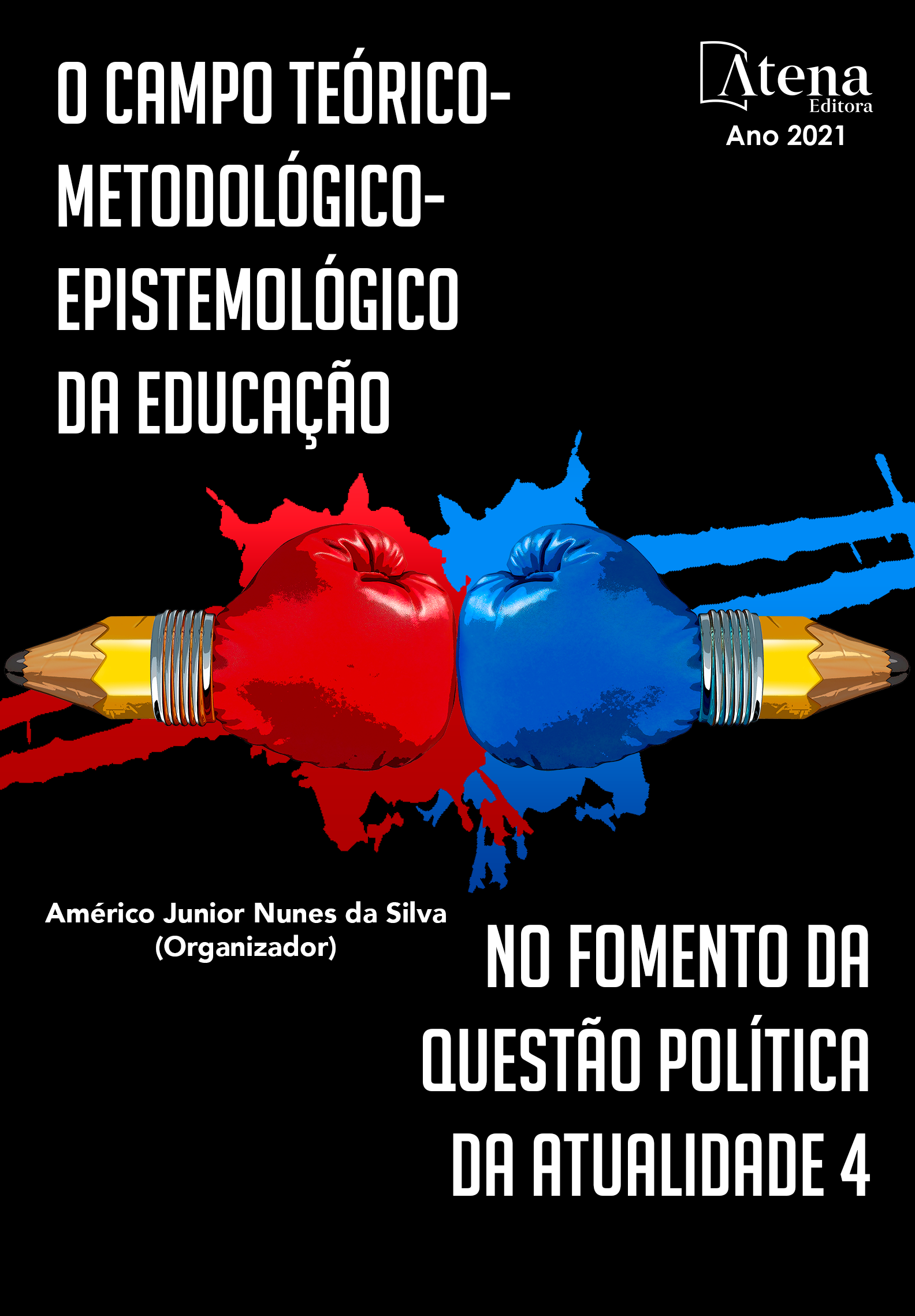
AVALIAÇÃO EM EDUCACÃO: NOTAS SOBRE ESTUDOS BRASILEIROS E PORTUGUESES
O artigo em tela discute a avaliação educacional a partir de estudos brasileiros e portugueses. No Brasil, a partir da abertura do regime militar, nos anos de 1980, ganha impulso um movimento de análise da avaliação educacional que tece críticas contundentes ao paradigma behaviorista dominante, contrapondo-se à ideia de avaliação como medida ou quantificação da aprendizagem, e propondo seu entendimento como processo, diagnostico e mediação e não como produto do ato educativo (LUCKESI, 2005; HOFFMANN, 2009; LIBÂNEO, 2014; VASCONCELOS, 1998). No contexto português, também nos anos finais do século XX, o campo da educação passa a se voltar para a avaliação, concedendo estatuto epistemológico a esse campo de pesquisas, seja no aspecto institucional (ESTRELA; NÓVOA, 1993; NÓVOA, 1995) ou no âmbito da aprendizagem escolar (FERNANDES, 2008; PINTO, 2016). Os estudos aqui realizados indicam que os esforços investigativos luso-brasileiros apresentam caminhos, embora seja difícil a superação de modelos avaliativos meramente quantitativos e instrumentais, aos quais Fernandes (2009) chamou de avaliação psicométrica.
AVALIAÇÃO EM EDUCACÃO: NOTAS SOBRE ESTUDOS BRASILEIROS E PORTUGUESES
-
DOI: 10.22533/at.ed.3182125031
-
Palavras-chave: Avaliação educacional. Campo de estudos da avaliação. Gerações de avaliação
-
Keywords: Educational evaluation. Field of evaluation studies. Evaluation generations.
-
Abstract:
The present article discusses educational assessment based on Brazilian and Portuguese studies. In Brazil, since the opening of the military regime, in the 1980s, a movement for the analysis of educational evaluation has gained momentum, making strong criticisms of the dominant behaviorist paradigm, in opposition to the idea of evaluation as a measure or quantification of learning, and proposing its understanding as a process, diagnosis and mediation and not as a product of the educational act (LUCKESI, 2005; HOFFMANN, 2009; LIBÂNEO, 2014; VASCONCELOS, 1998). In the Portuguese context, also in the final years of the twentieth century, the field of education begins to turn to evaluation, granting epistemological status to this field of research, whether in the institutional aspect (ESTRELA; NÓVOA, 1993; NÓVOA, 1995) or in the context of school learning (FERNANDES, 2008; PINTO, 2016). The studies carried out here indicate that the Luso-Brazilian investigative efforts present paths, although it is difficult to overcome merely quantitative and instrumental evaluative models, which Fernandes (2009) called psychometric assessment.
-
Número de páginas: 14
- Betina da Silva Lopes
- Tânia Regina da Rocha Unglaub
- Lidnei Ventura


